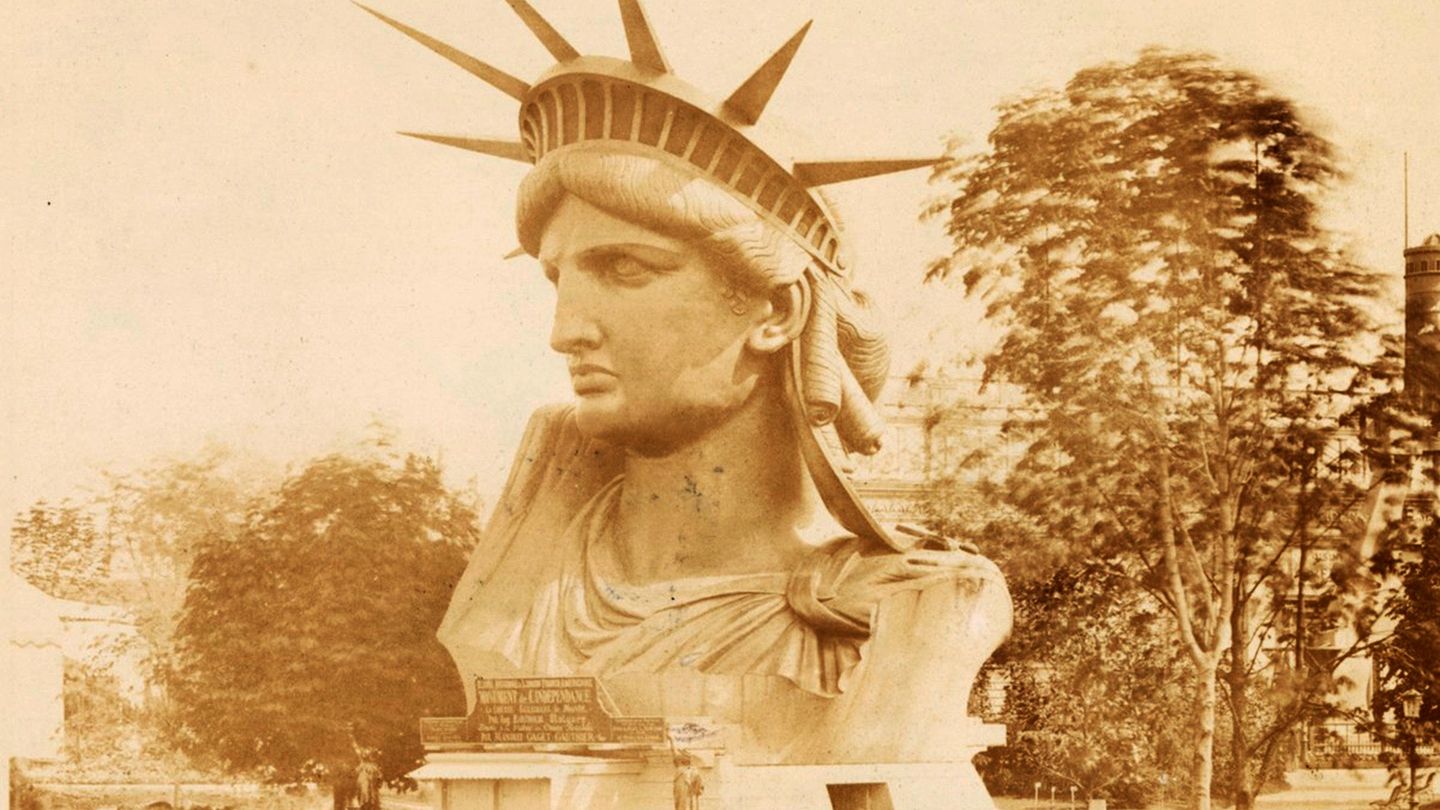Project Liberty Joins SOAR to Challenge Centralized Social Media Giants With AI, Decentralized Data
11/25/2024 04:56
AI studio SOAR, created by Ancestry founder Paul Allen, brings Project Liberty data sharing and storage portals for families and communities focused on local government.
AI studio SOAR, created by Ancestry founder Paul Allen, brings Project Liberty data sharing and storage portals for families and communities focused on local government.
Updated Nov 18, 2024, 3:09 p.m. Published Nov 18, 2024, 12:18 p.m.
- SOAR creator Paul Allen previously built a family social networking app on top of Facebook, which gathered 120 million users.
- Project Liberty says it is the leading bidder for the U.S. assets of TikTok in the event that they become available.
Project Liberty, a decentralized social media offering, is making official what it calls a “deep partnership” with SOAR.com, a series of AI-powered data sharing and social networking portals created by Ancestry founder and serial entrepreneur Paul Allen.
Backed by real estate billionaire Frank McCourt to the tune of $500 million, Project Liberty involves creating a publicly accessible database of people’s social connections, a so-called Decentralized Social Networking Protocol (DSNP). The project also leverages cryptocurrency in the form of Frequency, part of the Polkadot ecosystem.
It’s hard to imagine how power could be any more concentrated than it currently is in the hands of social media platform owners like X's Elon Musk, suggesting now is an ideal opportunity for decentralized alternatives to attract new users.
Allen’s SOAR AI studio includes a Family Portal (an application he built originally on Facebook with 120 million users), which will use AI-powered transcription tech to log and store a universe of familial interactions. Also included is a Citizens Portal, an easily searchable local community government data service with over a million hours of transcripts and information from city, county and state meetings.
One of the main reasons Allen was attracted to Project Liberty is the promise given to users that they will forever remain in control of their data — a trust relationship that’s been abused in the case of Facebook and at Ancestry.com after he’d left the company, he said. This has to be done at the technology layer and not through some terms of service agreement that can be altered further down the line.
“Did we want this kind of an outcome with a few trillion dollar companies controlling the internet? Not really,” Allen said in an interview. “We have sovereign citizenship in the countries we live in. We must have sovereign citizenship in the future of the web, respecting our human rights in the digital world.”
Since establishing the Frequency blockchain, Project Liberty has recruited 1.3 million users. SOAR’s Family and Citizens will bring tens of millions more in the future, as people look for alternatives to existing all-powerful social media platforms, said Tomicah Tillemann, Project Liberty's president. As well as bringing decentralization it’s a chance “to do AI right,” he said.
Project Liberty is also a prospective bidderfor the U.S. version of Chinese-owned firm TikTok (the so-called “people’s bid”), should the firm be forced to sell to a U.S. owner.
Tillemann said there has been a lot of activity around the TikTok bid and commitments of tens of billions of capital to participate in the effort.
“We are widely regarded at this point as the leading bidder for the U.S. assets of TikTok in the event that they become available,” Tillemann said. “We are working with a wide array of stakeholders to ultimately bring TikTok and its 170 million U.S. users onto the same infrastructure that we're talking about in our partnership with the Frequency blockchain.”
Project Liberty will host its inaugural Summit on the Future of the Internet in Washington D.C. on Nov. 21-22.
UPDATE (Nov. 18, 13:07 UTC): Updates Frank McCourt's investment amount in Project Liberty.
Ian Allison
Ian Allison is a senior reporter at CoinDesk, focused on institutional and enterprise adoption of cryptocurrency and blockchain technology. Prior to that, he covered fintech for the International Business Times in London and Newsweek online. He won the State Street Data and Innovation journalist of the year award in 2017, and was runner up the following year. He also earned CoinDesk an honourable mention in the 2020 SABEW Best in Business awards. His November 2022 FTX scoop, which brought down the exchange and its boss Sam Bankman-Fried, won a Polk award, Loeb award and New York Press Club award. Ian graduated from the University of Edinburgh. He holds ETH.
